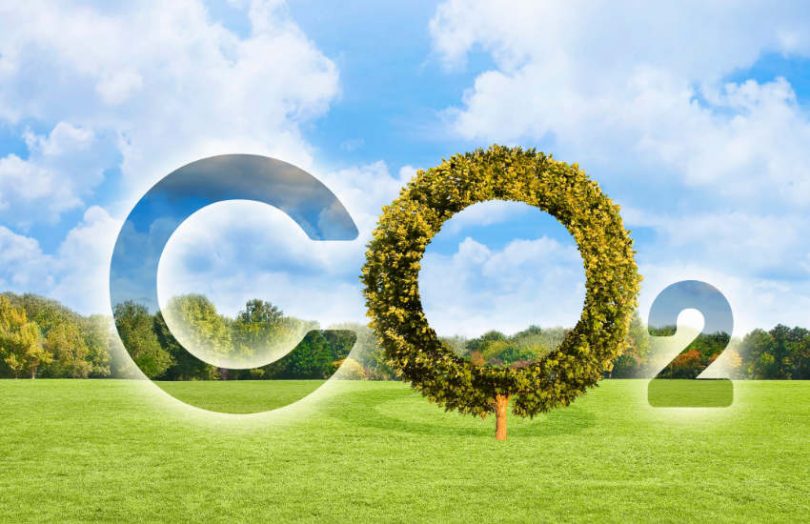This week Metaverse Green Exchange (MVGX), a blockchain-based carbon credit exchange, announced a collaboration with the Indonesia Stock Exchange (IDX). At this stage, IDX is ‘exploring the possibility’ of working with MVGX.
Indonesia has committed to reducing greenhouse gas emissions by 43% by 2030 and is planning to launch its own trading scheme by 2025.
“Today, carbon markets still continue to face challenges around lack of transparency, standardization, and liquidity — we are thrilled to be supporting IDX as they work towards meeting this critical milestone as part of Indonesia’s climate policy and as they raise the bar for green finance in the region,” said Bo Bai, Executive Chairman and Co-Founder of MVGX.
MVGX provides an end-to-end Carbon-as-a-Service solution that includes tokenizing carbon credits with its Carbon Neutrality Token (CNT) on the Ethereum blockchain. It’s regulated by the Monetary Authority of Singapore as an exchange and has a capital markets license.
“Indonesia has so many potential nature-based solutions. With a fully operational carbon trading infrastructure in place, businesses and governments will be able to trade carbon credits all while identifying high-quality climate projects,” said Irvan Susandy, IDX Director of Trading and Membership.
“This partnership with MVGX will enhance IDX’s capacity and capability to design carbon trading exchange as Indonesia’s efforts toward building a climate-resilient future.”
Additionally, MVGX announced plans to partner with Chainlink for cross chain interoperability.
In addition to the current deals, in April, MVGX announced a partnership with OCBC Bank, one of Singapore’s largest, with plans to develop new green financing solutions together.
It’s early days for MVGX. So far, there’s a small amount of activity with its CNT token with transactions visible on Ethereum. Around 20 out of 10,000 CNT tokens appear to have been burned, the blockchain way of retiring tokenized carbon credits that have been put to use.
The tokenization of carbon credits has attracted quite a bit of controversy. One of the main registries, Verra, has paused the tokenization of its registry’s credits while it consults on an appropriate methodology. Additionally, questions have been raised about the low quality of some tokenized carbon credits.
Meanwhile, The International Emissions Trading Association (IETA) has collaborated with the World Bank and the Singapore Government to form the Climate Action Data Trust (CAD Trust) to create a blockchain-based log of carbon credits from multiple major carbon registries. This will help to prevent projects from creating credits at more than one registry.






